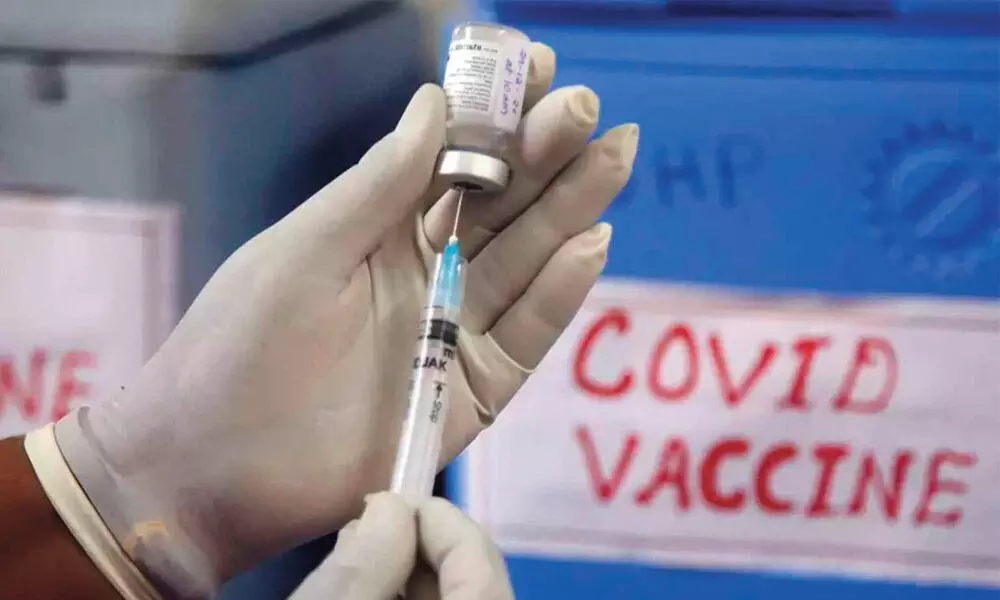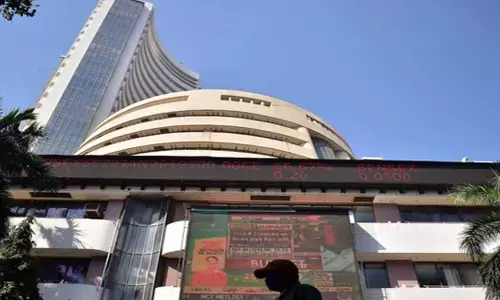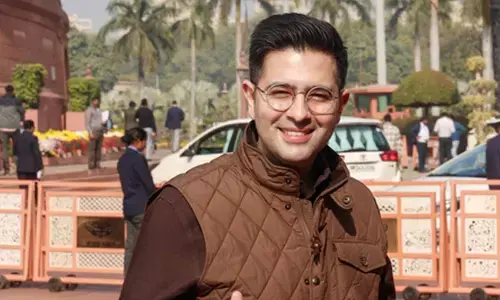Duration of Covid-19 vaccine efficacy depends on many factors, says Bengaluru doctor

Duration of Covid-19 vaccine efficacy depends on many factors, says Bengaluru doctor
Though doctors strongly believe that vaccine is the best way to fight the coronavirus pandemic, the duration of its efficacy is yet to be established
Bengaluru: Though doctors strongly believe that vaccine is the best way to fight the coronavirus pandemic, the duration of its efficacy is yet to be established.
Elaborating on the point Dr Aravinda GM, Consultant-Internal Medicine, Manipal Hospitals, Jayanagar, "Immunity varies from person to person and depends on several factors such as age, pre-existing medical conditions, nutrition, stress, etc.
Though the duration of vaccine efficacy is yet to be established what we know so far from the research is that our immune system has the potential to offer protection against Covid-19 infection for at least 6 months. Also, considering that the Covid-19 is a type of common cold virus, a booster dose may be required after a year or so similar to the flu vaccine."
Based on the evidence gathered so far, Aravind stated that two shots of the vaccine 28 days apart can afford satisfactory protection in those vaccinated.
"The vaccine is also thought to be effective against the new strains of Covid-19. However, research is underway and it's too early to comment on it," he remarked.
The Union Ministry of Health has stated that the vaccine can be used safely in people with chronic health complications such as those with heart, lungs, kidney, nerve and metabolic diseases, even in cancer. Aravind sais that it is advised to disclose the on-going illness and medication, or history of major illness, surgery etc., at the vaccination centre.
"Hiding any relevant medical condition could result in an adverse event," he commented.
Reacting to the two deaths and side effects, probably linked to the aftereffect of the vaccine, he remarked that there are no medications or vaccines that do not have any side-effects. "Even a common over-the-counter drug has side effects. Their severity varies from person to person. Any drug or vaccine is approved for use in public only when it is beneficial and safe in most of the population and the benefits outweigh the risk in a population. The Covid-19 vaccines approved for use in India have undergone rigorous safety and efficacy trials in animals and humans before being used in public.
The two deaths that have been reported have been proven to be unrelated to the vaccination. Both the patients died due to complications of pre-existing heart and lung conditions. One patient had an accumulation of pus in the lungs and an enlarged heart while the other patient had coronary artery disease," he pointed out.
As of January 18, more than 3.8 lakh people including many renowned doctors have received the Covid-19 vaccination in India.
"Out of them, 580 people reported side effects. Side effects were mostly mild as in with other vaccinations such as pain and swelling at the injection site, mild fever, body ache, nausea, and mild rashes. Seven severe adverse reports have been reported which required hospitalization. However, these people have been discharged from hospital after being stabilized," Aravind pointed out.
Who should avoid the vaccine
• Children below 16 years of age, pregnant and breastfeeding women as there is no safety data yet available
• Those on immunosuppressant therapy, as vaccines primarily work by eliciting an immune response and the vaccine may not be effective in them
• People who have a history of allergies as the vaccine may cause a severe allergic reaction
• Those who have a fever. Most vaccines are contraindicated in fever
• Those who have a bleeding disorder or are on a blood thinner as vaccine shot may lead to uncontrolled bleeding, swelling or redness














